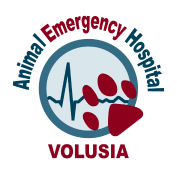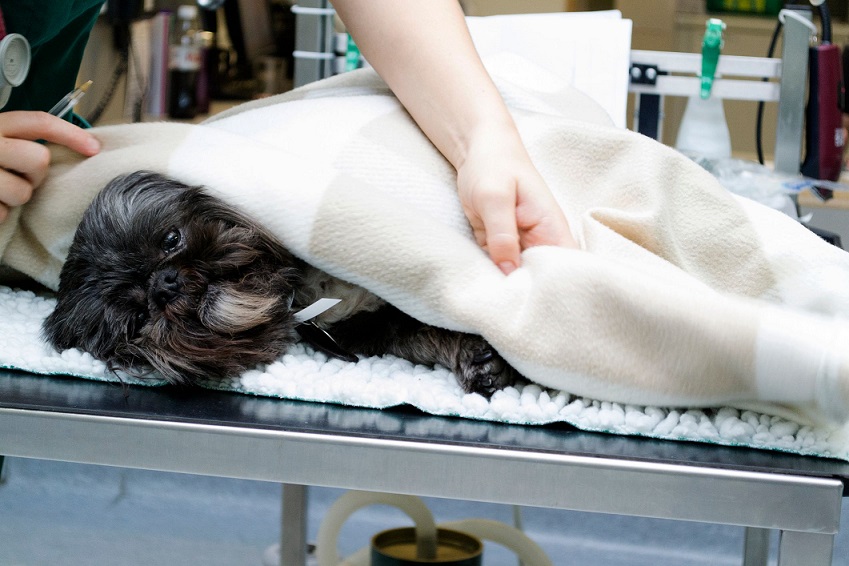In human medicine, patients see their primary care physician for routine wellness care, colds, and other minor health conditions. But when an emergency occurs, patients must visit the emergency room for advanced or specialized care. The same can be said with pets.
The main differences between an emergency animal hospital, such as Animal Emergency Hospital Volusia (AEHV), and a primary care veterinary practice are:
1.) Emergency animal hospitals are a pet’s emergency room (ER) and intensive care unit (ICU) – no appointments are ever needed for immediate veterinary care.
2.) Emergency animal hospitals typically offer more advanced diagnostic capabilities such as blood chemistries, cytologies, ultrasonography, electrocardiogram (EKG), echocardiogram, high-definition volumetric imaging (HVDI), and fluoroscopy.
3.) Emergency animal hospitals employ highly trained veterinarians that are skilled in triage and emergency/critical care medicine.
4.) Emergency animal hospitals have extended hours and are open when most primary care veterinary practices are closed – and this includes nights, weekends, holidays, and some are even open 24/7/365.
Emergency Animal Hospitals are Experienced, Equipped, and Prepared to Care for Minor to Major Illnesses and Injuries
Primary care veterinary practices focus on prevention and wellness, just like a human primary care physician. So, they are equipped and trained to educate pet owners on spay/neuter, dental care, age and breed-related wellness exams, and overall, how to keep pets healthy throughout all life stages.
Primary care veterinary clinics are typically open during the week – and some are open for shortened hours on Saturdays. Current clients can bring pets in when they experience an emergency, however, the primary care practice may not be equipped for all types of emergencies. So, sometimes the primary care veterinarian will recommend/refer, even during the day, that pet parents visit an animal emergency hospital.
Emergency animal hospitals are equipped and trained to care for pets that are experiencing a variety of injuries and illnesses, such as trauma from being hit by a car, seizures, heat stroke, poison ingestion, snake bites, animal attacks, excessive bleeding, and collapse, just to name a few.
Emergency animal hospitals work in conjunction with a pet’s primary care veterinarian. If a pet is admitted to the hospital overnight, they may remain in the intensive care unit until they are healthy enough to go home, or the animal hospital will arrange for pet parents to transfer the pet back to their regular veterinarian’s clinic in the morning. All medical records from their visit to the ER will be sent to the veterinarian at the time of discharge, ensuring they have all of the information necessary to provide any additional care.
Business Models and Philosophies Behind Emergency Animal Hospitals
There are different business models and philosophies behind veterinary emergency practices. Some are owned by a group of primary care veterinarians who get together to create a central ‘hub’ ER clinic to cover their cases when they are closed. Others, like AEHV, are independently owned and exist for the sole purpose of supporting area veterinarians by caring for their patients when they are closed, and for any pet owner who’s pet experiences a need for emergency care.
AEHV is Available 24/7/365
Having a critically ill or injured pet can be a pet owner’s worst nightmare, especially when your primary care veterinarian’s office is closed. But rest assured that when you come to AEHV, you have come to the right place for emergency veterinary care.
We are open 24/7, 365 days a year, so our veterinarians are always ready to help your pet – any time of day or night. We are located at 696 South Yonge St. (US 1) in Ormond Beach – and we welcome your call at (386) 252-0206.

